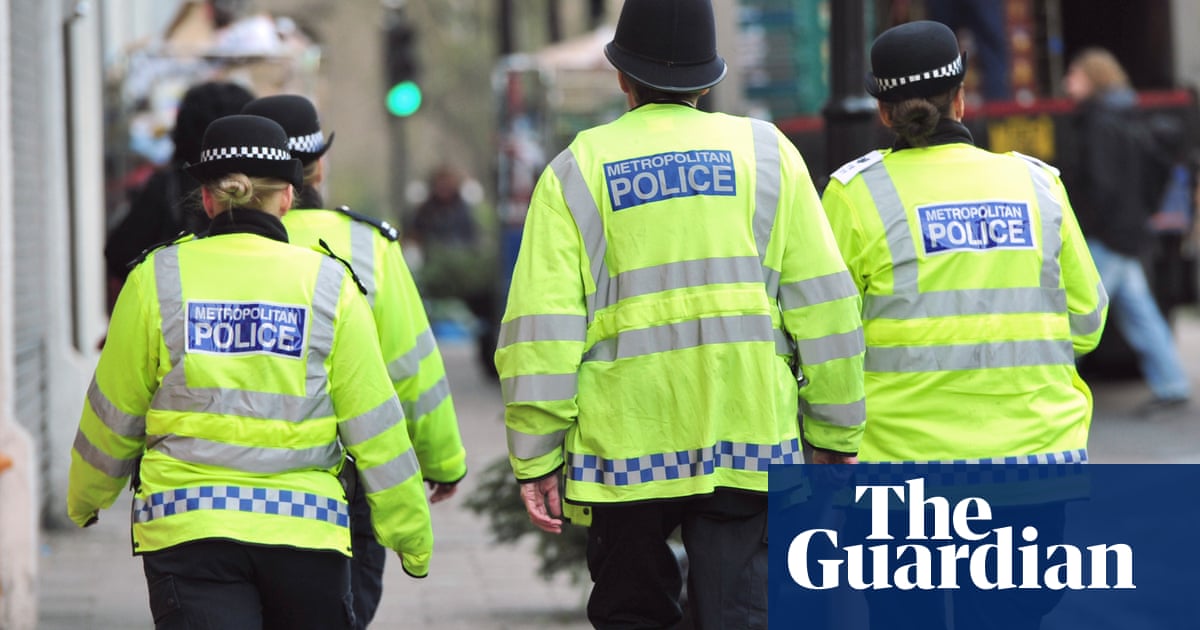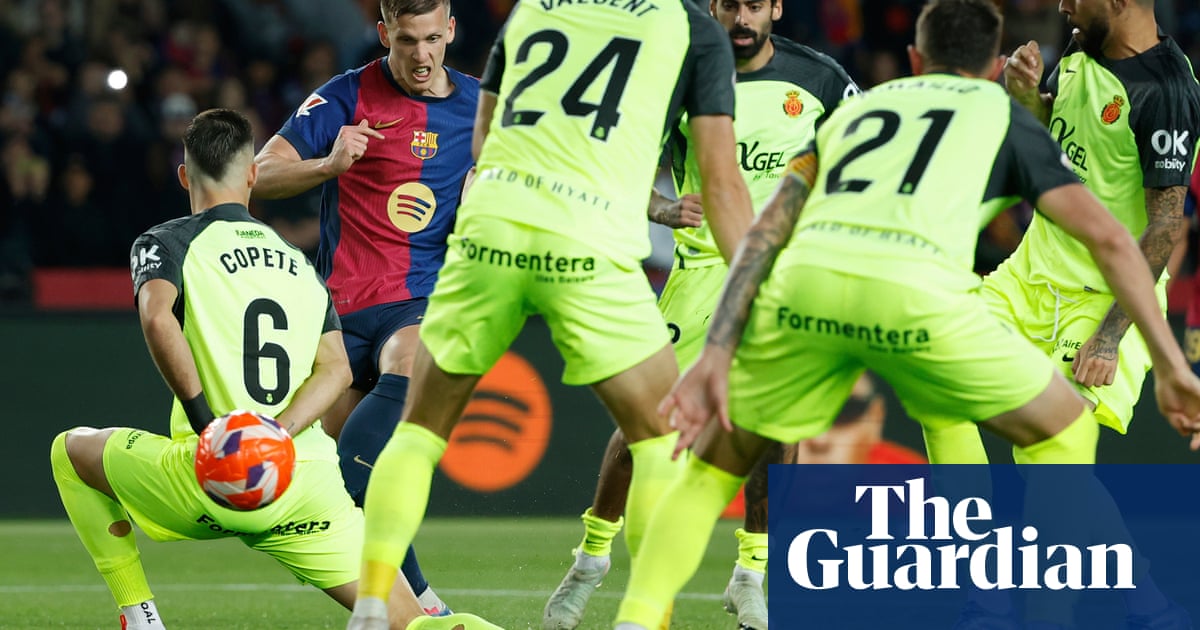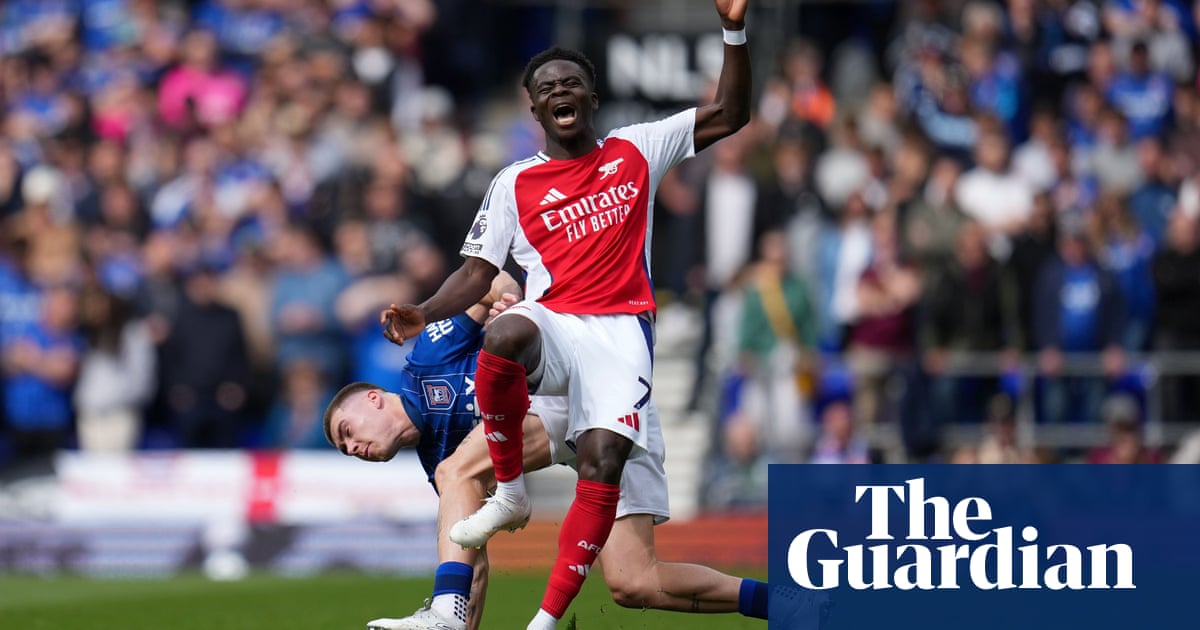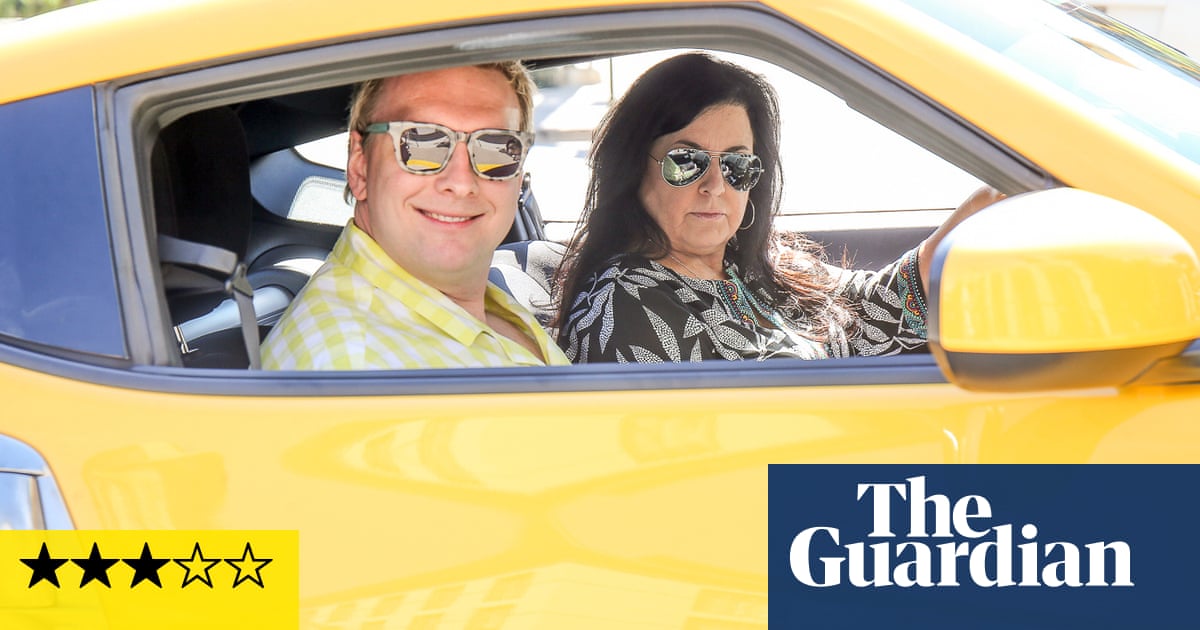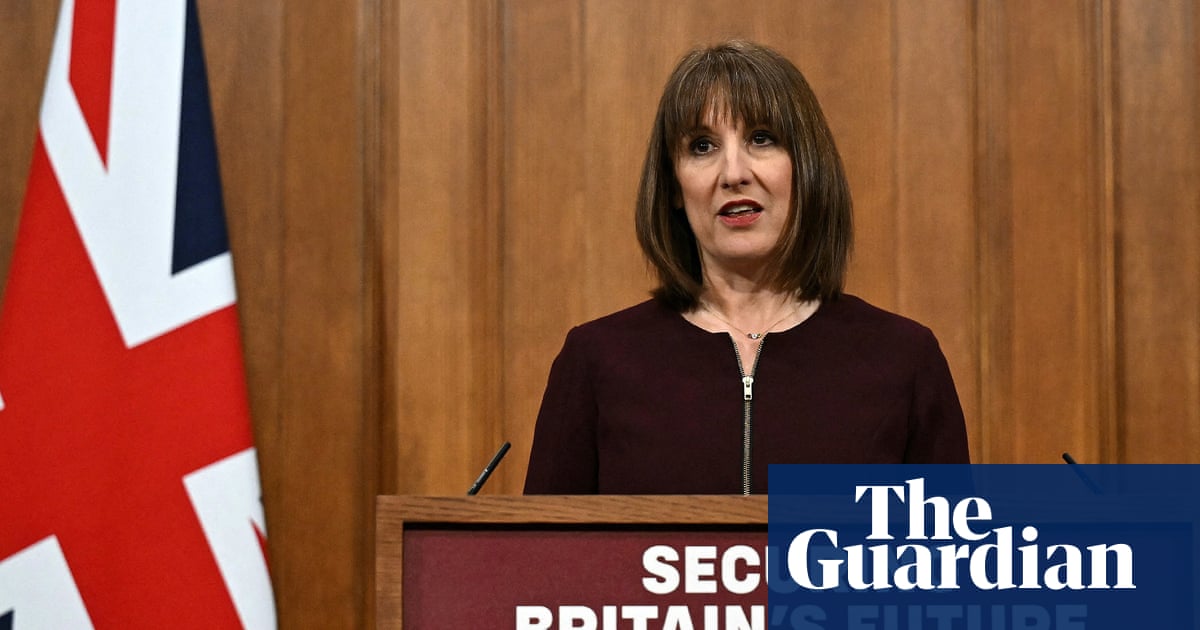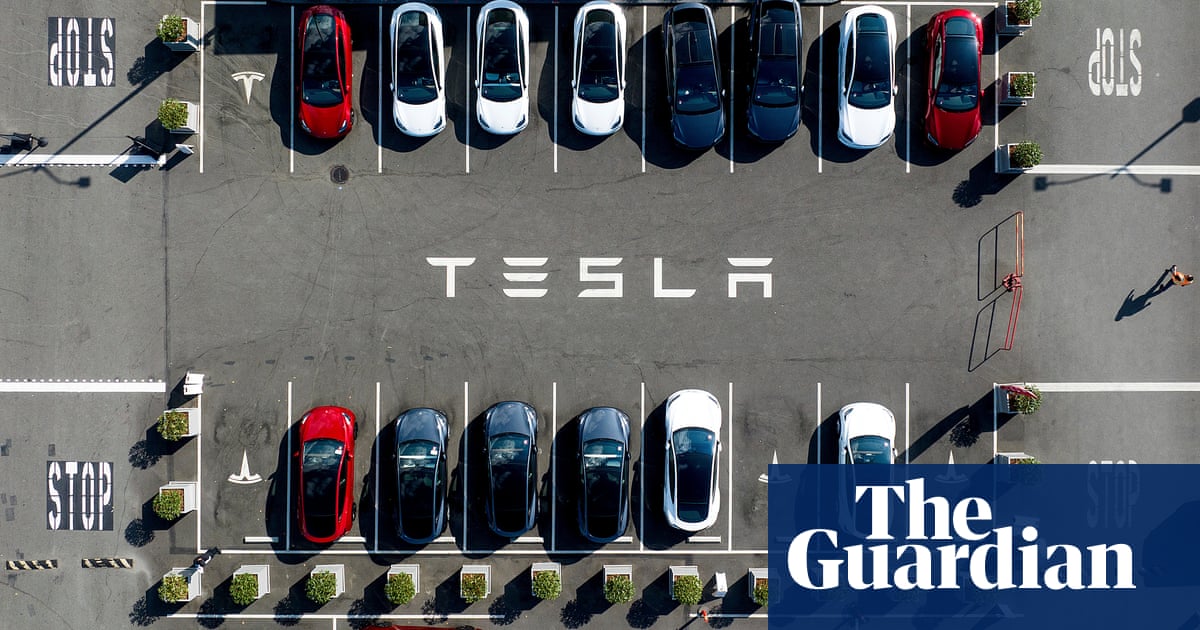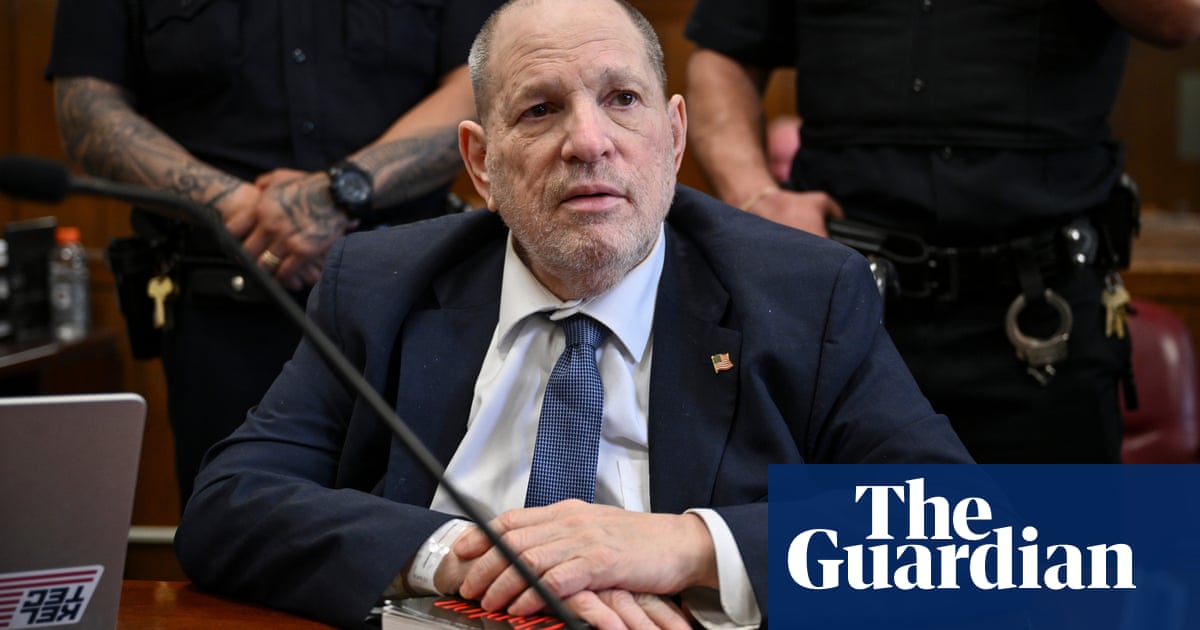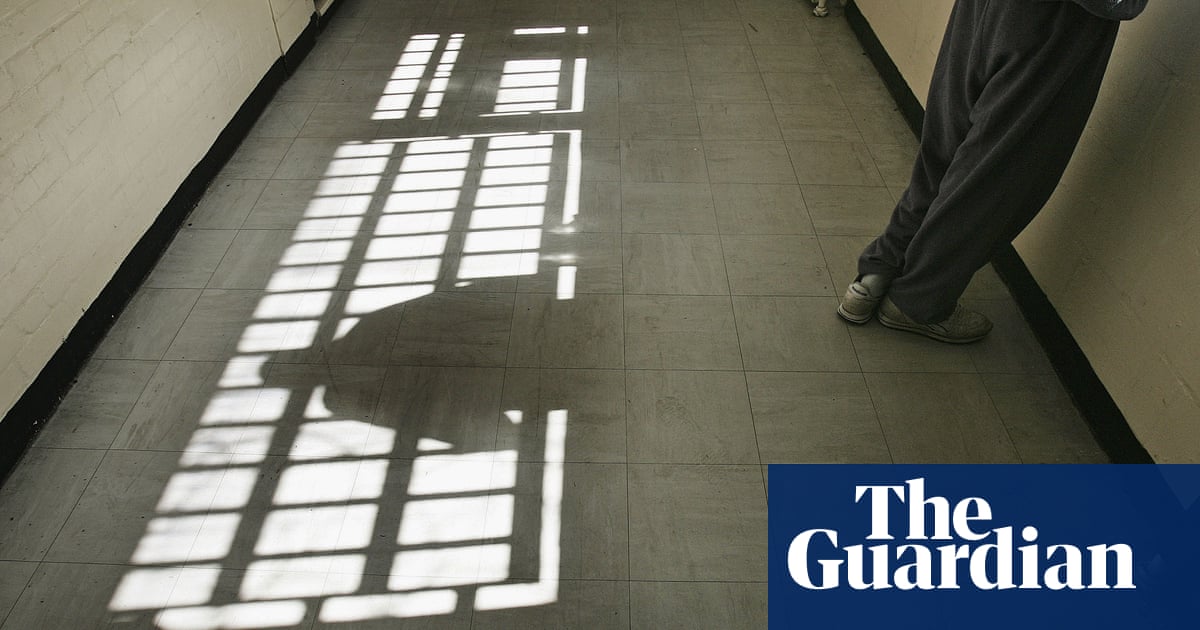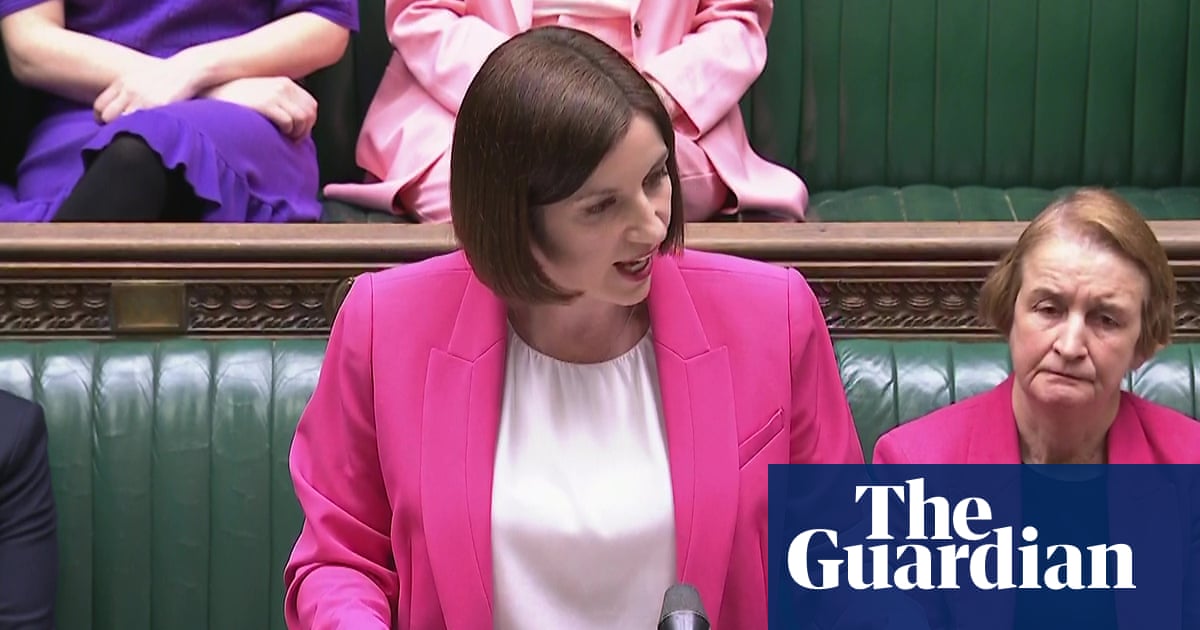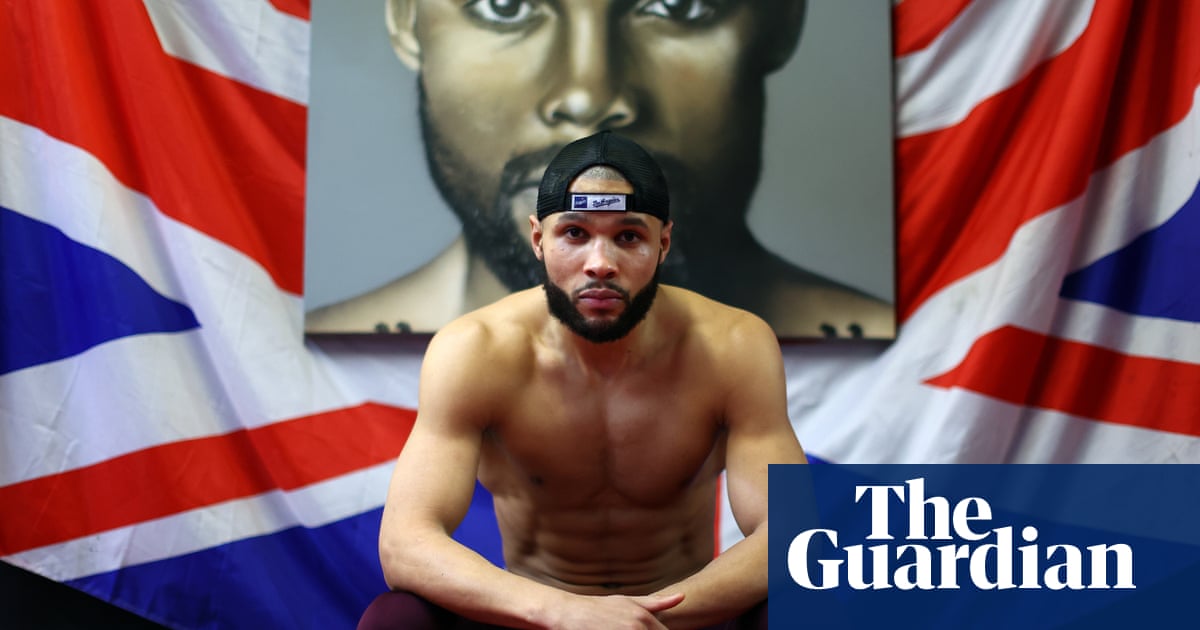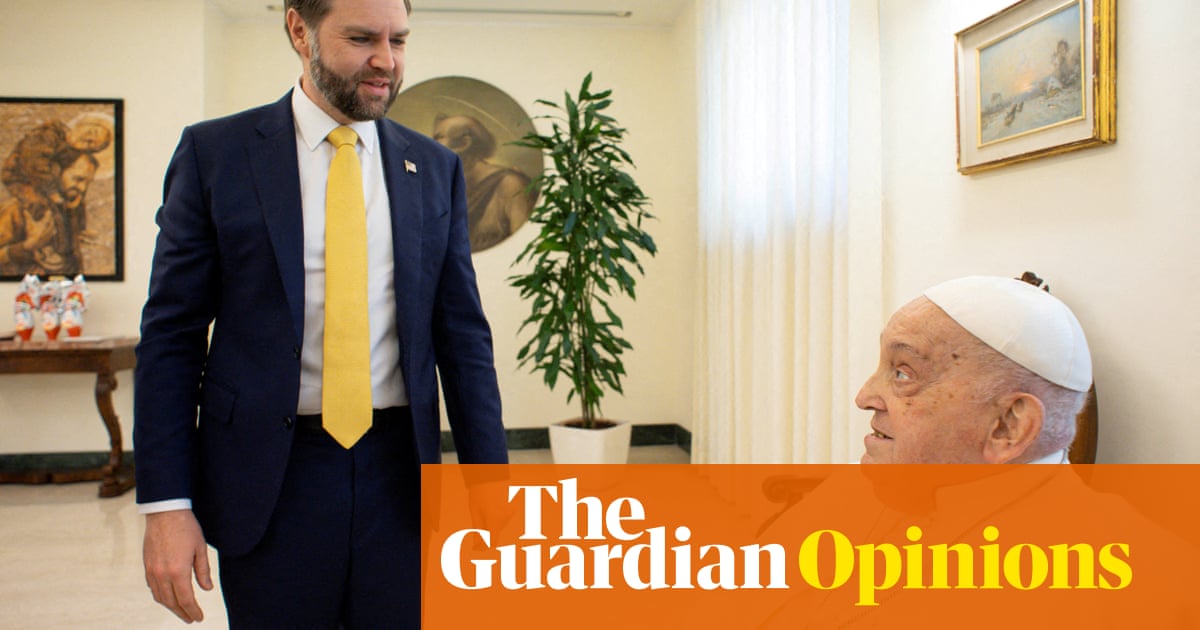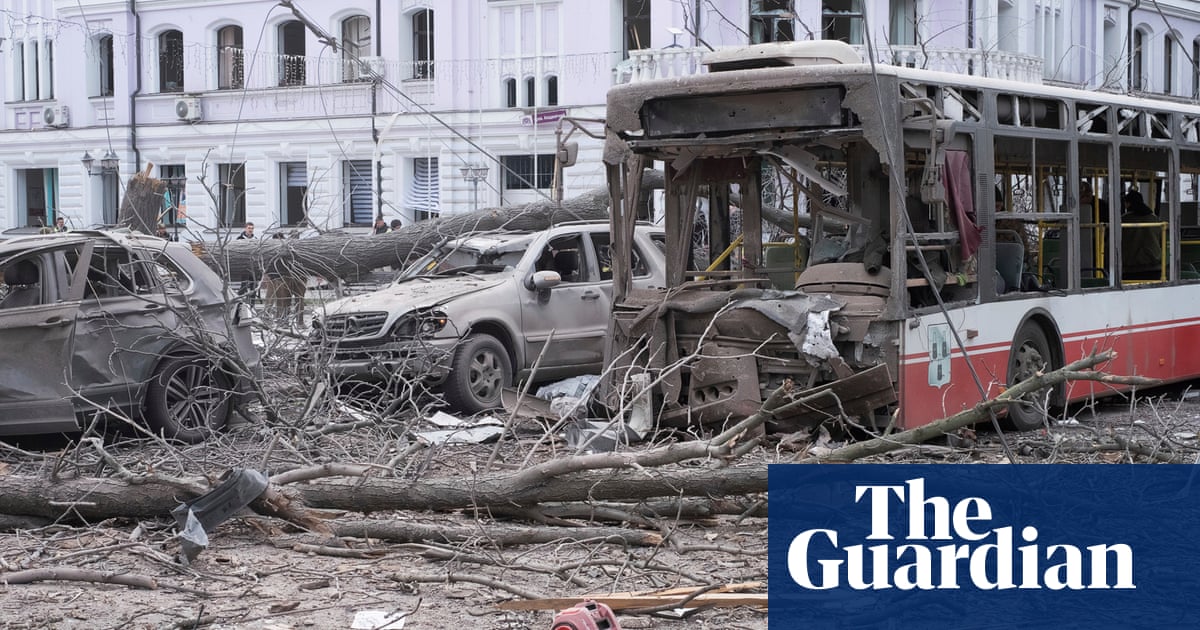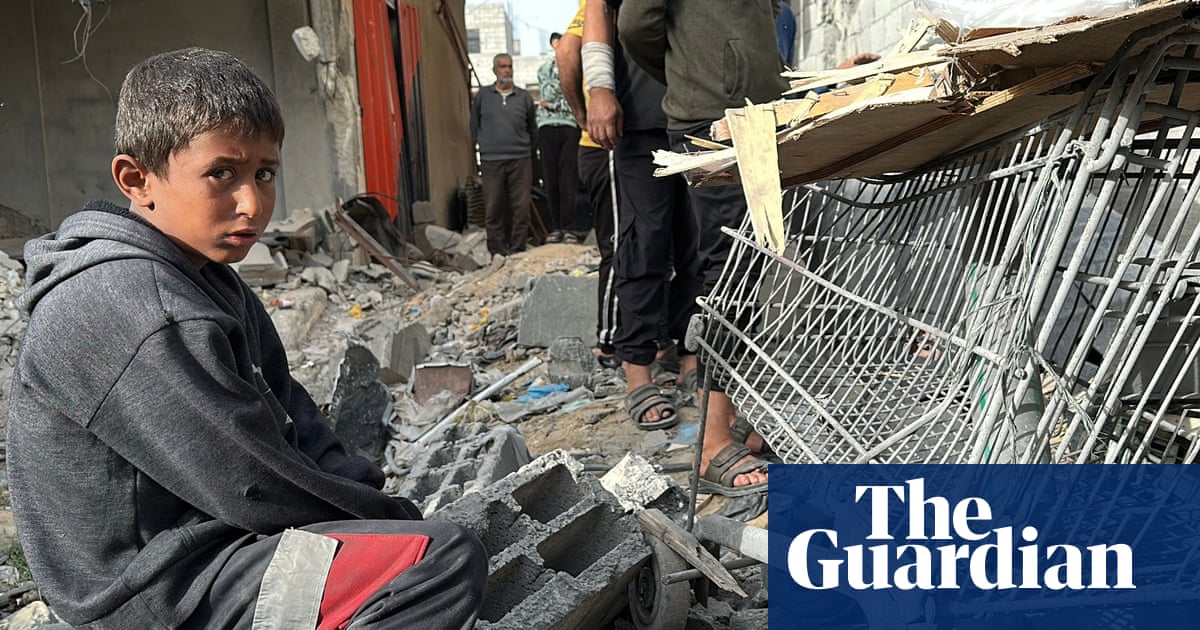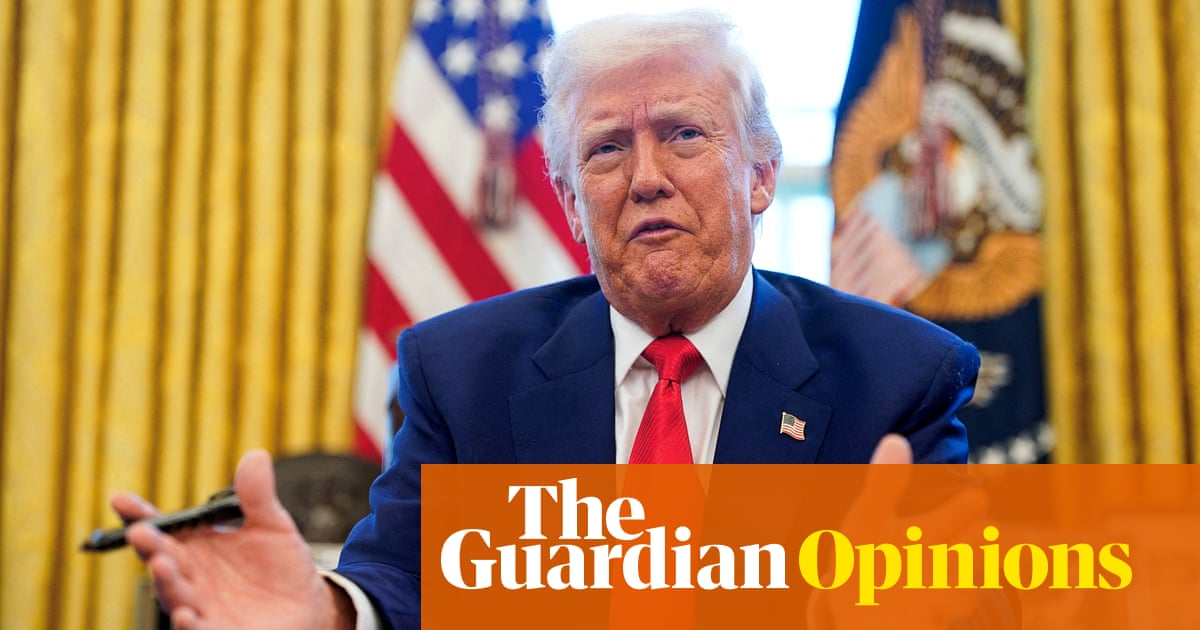Working-class people and those from ethnic minorities will benefit most from a range of environmental policies being implemented in London, the capital’s deputy mayor has said.
Mete Coban, 32, grew up in a council flat in the borough of Hackney and saw for himself the difficulties the lack of green space, poor or overcrowded housing and polluted air can cause.
But now, six months after his appointment as deputy mayor for environment and energy – London’s youngest deputy mayor – Coban says those early experiences have shaped his priorities for the capital.
“I have to pinch myself sometimes, because when I was growing up I would see things around me and think, if only I could be in a position to actually make a difference. I wasn’t into traditional politics or anything, but I cared about the stuff around me … and now here I am, it’s incredible … a real responsibility.”
Coban’s position covers a wide range of issues, from improving people’s homes through retrofitting to preparing London for the extreme heat and flooding that will become more frequent and destructive as the climate crisis deepens.
He says his overriding priority is to make sure the green transition – which he says has unstoppable momentum – improves the lives of ordinary, working-class Londoners.
“The issue of climate transition is in many ways an issue of social justice and economic justice and racial justice for working people … we need to use it to uplift every community and think about how we can redistribute wealth to some of London’s most working-class communities.”
Deprived communities often suffer most from climate breakdown, due to poorly insulated homes that suffer in extreme heat in summer and high bills in winter, lack of gardens or communal green spaces, and air pollution.
Coban rattles off a list of priorities, from giving more funds to hard-to-reach community groups to improve green spaces in their neighbourhoods, to working with local councils on retrofitting homes to lower bills, reduce damp and make them more resilient to extreme heat.
Last month, he launched a £2m fund to help schools install insulation, heat pumps and solar panels, which he said could save them each as much as £18,000 a year. In the first month more than 100 schools have applied.
Coban, who, like the mayor, Sadiq Khan, suffered from asthma as a child, says improving air pollution will continue to be a top priority, with more encouragement for people to walk, cycle and use public transport.
There will also be a campaign to raise awareness of the deadly impact of wood-burning stoves, which are often used by middle-class residents for aesthetic reasons, while poorer areas suffer the worst impacts of toxic air.
“Wood burning is a massive issue and most people in London don’t really realise the harmful impacts it has in terms of pollutants,” said Coban.
Coban was just 21 when he was elected to Hackney council and was there when it rolled out one of the biggest programmes of low-traffic neighbourhoods in the UK, introduced traffic reduction measures outside scores of schools and planted thousands of new trees. Now he wants to bring the same focus to his work across London.
after newsletter promotion
“I remember when a youth club got shut down on my estate and that sense of feeling powerless – my community didn’t have the resources, the connections to save it, and no one lifted a finger. That is what drove me on to try and be a councillor and now this, it’s about making sure that everything we do works for ordinary Londoners.”
Coban has spent much of his first six months in post visiting communities – often young people – in different parts of the capital to listen to their priorities.
“Londoners already have ideas and organisation, and businesses already have ideas around what we can do around the green transition. Our job … is making sure that we can enable them and really accelerate their efforts.”
Coban says four months before he became a councillor he had no idea what the job involved, and when he first went into politics he did not talk about his background – his father is a cab driver and his mother worked as a seamstress – because he did not want people’s sympathy.
But now he says he owes it to young people living similar lives to show them that they can make a difference for their communities.
“We want London to be a place where everyone has opportunities, not just to be a place where you work but a place where you want to live, with loads of access to green space and good, healthy housing,” he said. “It’s exciting, there is so much opportunity and we want to excite London about this transition.”

.png) 2 months ago
23
2 months ago
23

